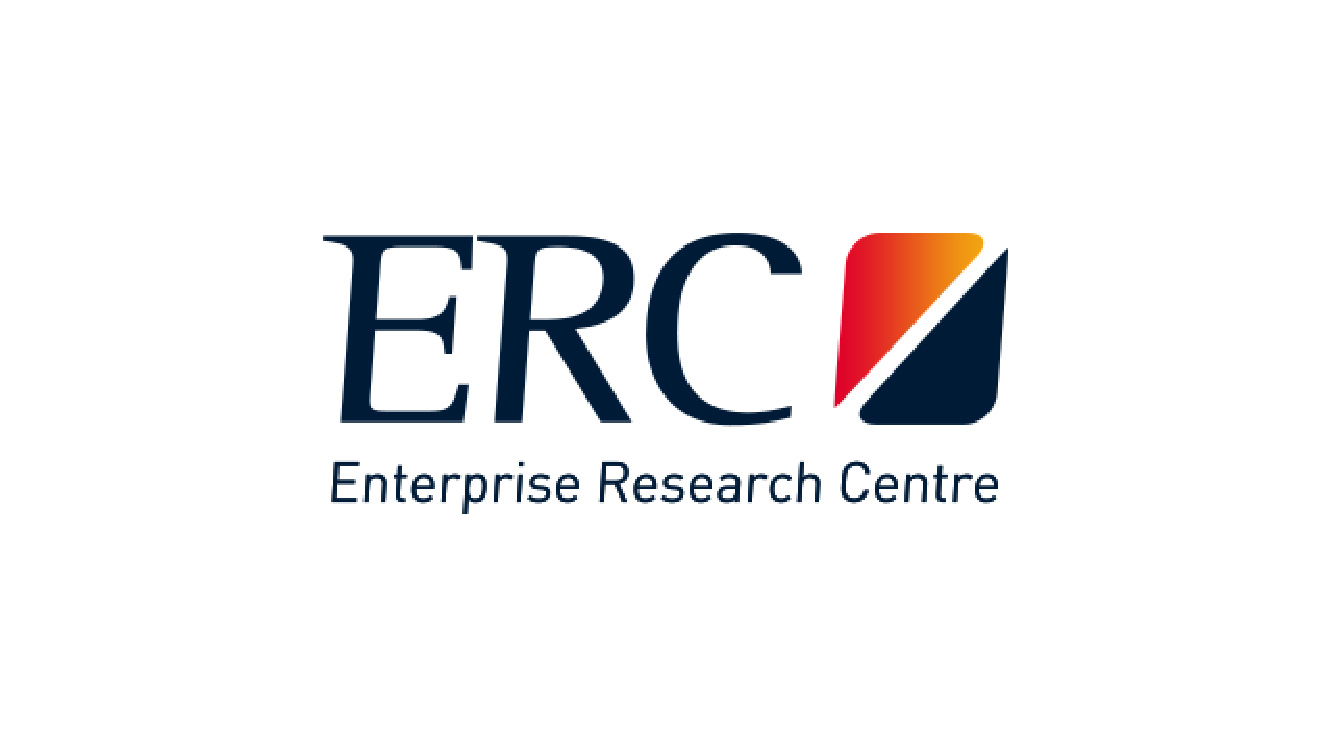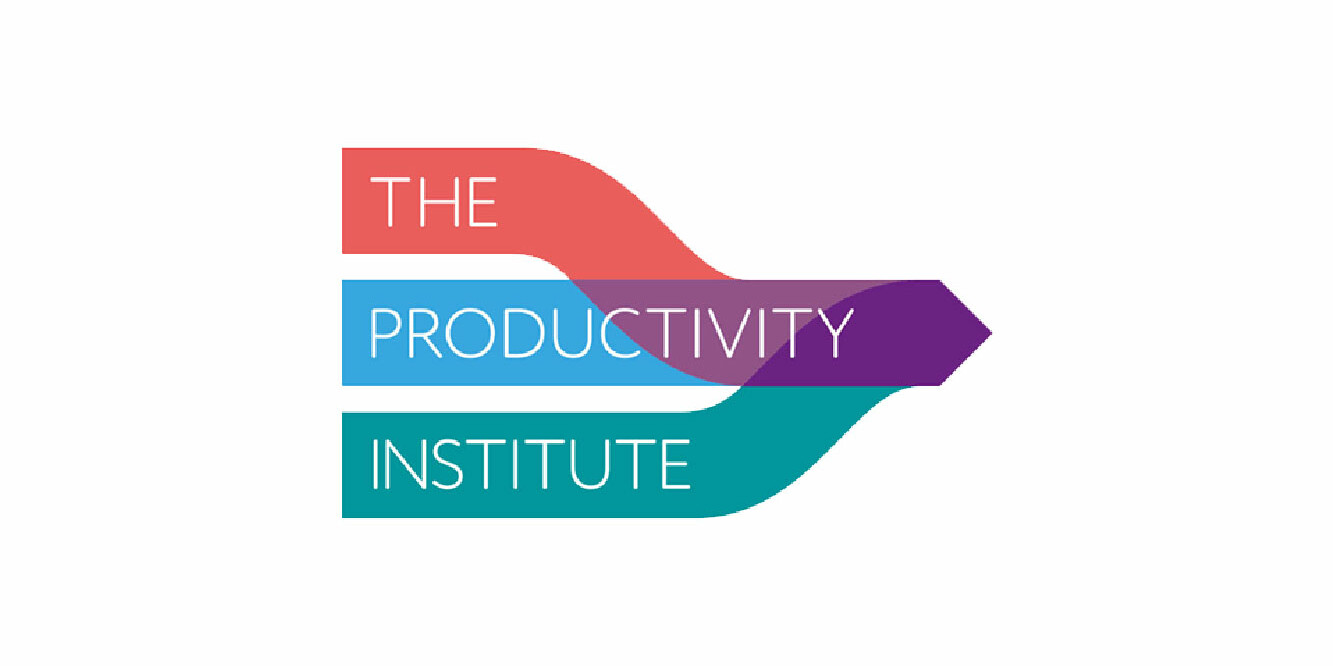Report
Science Advice in the UK
The Foundation for Science and Technology and Transforming Evidence were commissioned by the UK Science and Innovation Network to produce a report on the science advisory system in the UK, looking not just at government and parliament but also at those supplying evidence (such as universities) and the role of evidence brokers. The report sets out both what the system in the UK is, and also how it has developed over time. It looks at key roles (such as the Government Chief Scientific Advisor) and committees (such as the Science Advisory Group for Emergencies, SAGE) , and describes how science advice is funded.
The report aims to inform other governments about the evolution and function of science advice in the UK, illustrating how structures and processes have been developed and embedded, highlighting key strengths and attributes, as well as articulating where the tensions and challenges lie. More broadly, it aims to stimulate reflection and dialogue amongst those working in research and policy – and at their intersection – on what has been learnt in the UK so far.
The report draws on insights from current and former scientific advisers, civil servants, evidence ‘brokers’ and intermediaries, and academics. Because it focuses on science advice for the UK Government, it does not address the complexities of how the devolved governments draw on science and evidence, and in this sense provides a partial picture.
The UK’s science advice system is complex, dynamic and non-linear. It involves changing relationships and mechanisms for dialogue, including at many levels of Government as well as in Parliament. It is required to respond to an ever-changing backdrop of events, priorities, possibilities and challenges. It sits within an equally complex and evolving research and innovation landscape, which involves many public, private and third sector actors. Over the past two decades, UK research and policy have become interconnected in more complex ways, as Government has sought to enhance its engagement with science and research, universities and researchers have worked to influence policy, and research funders have sought new ways to maximise the impact of research.
Whilst this report traces the historical development of science advice in the UK through to the present day, it recognises that the system is in a constant state of evolution. After this report is published, it will quickly become ‘out of date’. The ability of the UK science advice system to adapt and evolve has been central to its success. The global Coronavirus (COVID19) pandemic has brought into sharp relief the need for effective, responsive and transparent science advice in nations and communities around the world. In the current moment it is critical that we continue to learn from evidence and experience.




